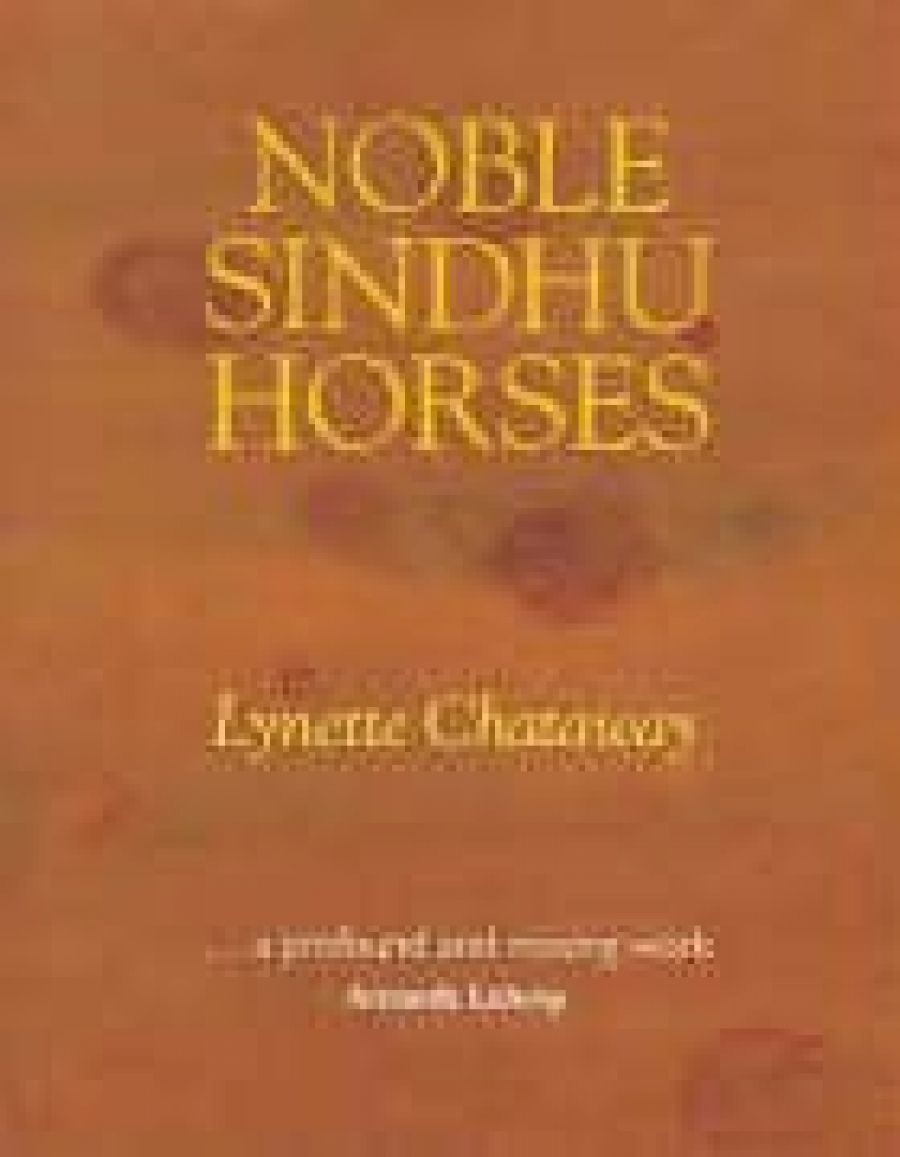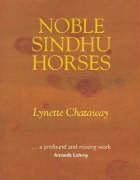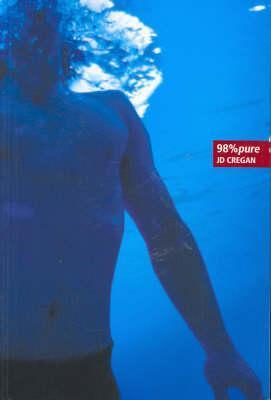
- Free Article: No
- Contents Category: Fiction
- Review Article: Yes
- Article Title: Less not more chop suey
- Online Only: No
- Custom Highlight Text:
With broadly similar subjects – Australians in South-East Asia – and related themes that touch on culture shock and existential angst, you could be forgiven for thinking that Noble Sindhu Horses and 98% Pure might have something in common. But these two first novels are a lesson in the difference that self-control and sensitivity on the part of the writer, and good judgment on the part of the editor, can make. To draw on the Asian motif for a moment, Noble Sindhu Horses is a delicate Asian broth, restrained and subtly flavoured, while 98% Pure is street-vendor chop suey – a bit of a mess and not so good for your health.
- Book 1 Title: Noble Sindhu Horses
- Book 1 Biblio: Pandanus, $29.95 pb, 232 pp
- Book 1 Cover Small (400 x 600):

- Book 2 Title: 98% Pure
- Book 2 Biblio: Otmar Miller Consultancy, $29.95 pb, 384 pp
- Book 2 Cover Small (400 x 600):

Chataway’s eye is never sharper than when she narrates the parallel universe of Nikkon, a young Thai man who faces a life of spiritual and emotional meaninglessness. His story is told alongside Ava’s, and his voice is flawlessly convincing. It would have been so easy to make such a character stand for all of Asia, but Nikkon is quirky, individual and fully realised. Consider his youthful musings on the local brothel:
Nikkon thought the rooms above the restaurant were filled with stuffed animals. Any whispering and exchanges of money that went on he put down to the fact that there was a collection, most likely illegal, of marble-eyed creatures stored upstairs. The restaurateur may have killed them himself … The money was just men paying to have a look.
The twin threads of the story barely touch each other in terms of the plot, which is pretty thin and obviously not meant to be the point of the novel, but wind around each other thematically. Ava and Francis both have breakdowns upon their return to the dusty Queensland outback, unable to feel fulfilled by their old way of life. They are not naïve enough to think that the Thais have perfected fulfilment, but they realise they cannot do without the generosity and simplicity of the ‘foreign’ culture. Meanwhile, in northern Thailand, Nikkon, while theoretically surrounded by generosity and simplicity, is finding existence similarly pointless.
As the novel approaches its moving climax, Chataway handles the characters with remarkable gentleness. The Australian couple’s yearning for a different set of values is undercut by Nikkon’s experience, but the comparison is made subtly and the writing is always characterised by restraint.
J.D. Cregan’s 98% Pure, on the other hand, is rarely subtle. It is a cross between a wannabe backpacker classic like The Beach and an inner-city, sex-and-drugs novel such as Praise, but without the finesse of either. What’s more, someone needs to take the editor aside and point out how dialogue should be punctuated. This first novel’s characters are one-dimensional, its structure confused and its language often clichéd.
That being said, I found it a surprisingly rollicking read. Cregan imbues the tale with an earnestness and humour that, while not overcoming the novel’s flaws, at least distract from them. Joey Fisher spends the first (and perhaps most successful) part of the novel pining unconvincingly after his lost love Alison, wandering around the inner and eastern suburbs of Sydney, driving taxis and having explicit and enthusiastic sex with a range of women (who keep propositioning him in the aforementioned taxis). There is a jokey complication involving a pile-up on the Harbour Bridge that, while being played for laughs, is not really very funny; and an unnecessary sub-plot about a serial killer. When Joey gets his hands on some cash, after some large-scale office thievery, he’s off to Bali to have a good time.
What follows is a rambling, overly detailed portrait of an Aussie ‘doing’ South-East Asia in all the familiar ways. Quite a lot happens, some of it even interesting, but not much of it serves the purpose of the narrative. And all of it is strung about with banal, touristic descriptions of the landscape (‘pretty’, ‘stunning’, ‘jungle-covered’) and of the traffic: ‘The traffic is insane – there doesn’t appear to be any road-rules, everyone just seems to go for it … There’s motorbikes everywhere – I see up to five people on one pissy little Honda – five people, and not a helmet between them.’
While the writing is full of energy and sometimes humorous, 98% Pure suffers from describing the general and the expected, rather than the particular and the odd. When read alongside a novel of the complexity and individuality of Noble Sindhu Horses, it makes Cregan’s shortcomings as a writer all the more obvious. This is Chataway’s more understated take on the Bangkok traffic: ‘At one stage he comes dangerously close to clipping a motorbike that is being ridden by a woman, who uses one hand to steer and the other to hold onto her baby. After this, neither Francis nor Ava can look.’
After a long series of misadventures, Joey comes home to Australia, into the arms of a couple of different women. It is at this point that the characterisation of Joey truly begins to unravel. His background and history with Alison is too lightly sketched to make sense of his present state. He is often inexplicably erudite. His motivation rarely matches his actions, and the plot takes incomprehensible twists as it tries to tie all the facets together. Most importantly, his obsession with Alison is explored only superficially in passages such as: ‘Then I think about the whole Alison-and-Joey thing. About how we first met, all the journeys up and down the coast, all the loving, all the heartache, all the everything … I know I still love her, probably always will, but it hasn’t worked out, and that’s all there is to it.’ Since this relationship is the driving force of the whole novel, the reader would benefit from having been shown it, rather than just told about it in the past tense.
98% Pure would have been a tighter and more readable tale if someone had just sat down with a red pen and cut a good third of it. Sometimes, as in the case of chop suey, less is more.


Comments powered by CComment